Protecting forests and sustaining livelihoods
Cocoa related deforestation in West-Africa is of critical concern. The loss of forests accelerates the global climate and biodiversity crisis and directly affects cocoa farmers.
Cocoa related deforestation in West-Africa is of critical concern. The loss of forests accelerates the global climate and biodiversity crisis and directly affects cocoa farmers.
An agronomic tool generally defined as a land management system that combines perennial trees with agricultural crops or animals to generate both ecological and economic benefits. In the context of cocoa production, agroforestry typically involves a combination of cocoa trees, non-cocoa trees that provide shade and other benefits, and other agricultural plants that produce fruit, nuts or timber. The goals are to intensify cocoa production on existing farmland, supplement farmer income and family nutrition and strengthen the overall ecology. Agroforestry, however, is not the same as restoration of natural forests and there is no substitute for conserving existing forests.
Traceability in the cocoa industry refers to the ability to track and trace the cocoa from the farm to where it enters the supply chain. It involves documenting and recording the flow of goods, information, and processes to ensure transparency and accountability. This helps identify and address sustainability issues, such as deforestation and social challenges, throughout the entire production process.
Lucas, a farmer from Côte d’Ivoire, applies agroforestry techniques and talks about how that supports alternatives sources of income.
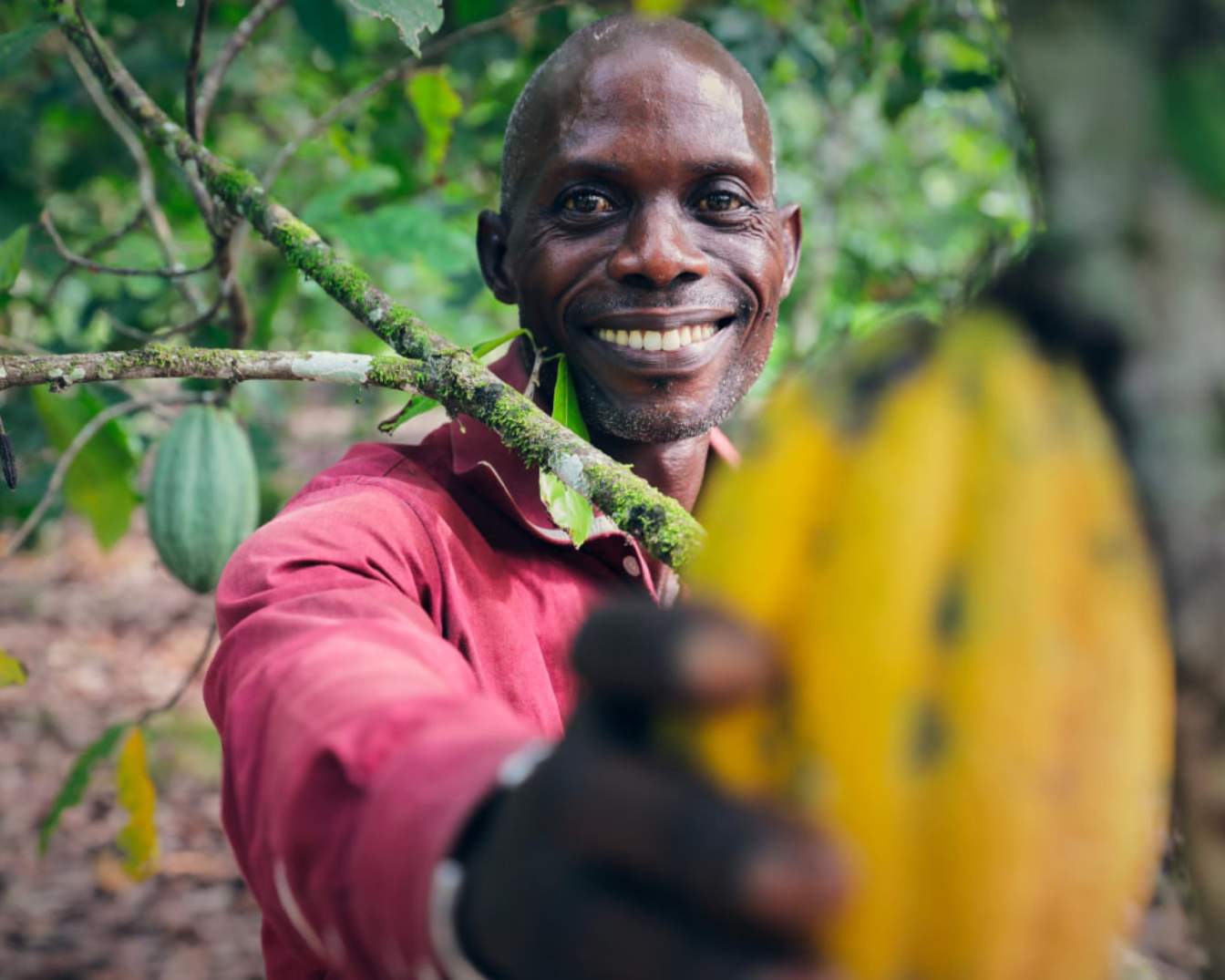
WCF’s 2030 ambition is to play a leading role to end deforestation and promote reforestation. We are focused on collective alignment and action, including enabling common systems and approaches that will make real impact.

Launched in 2017, the Cocoa & Forests Initiative is a unique public-private partnership dedicated to combating cocoa-related deforestation and degradation. Facilitated by WCF and IDH, the partnership was established through the governments of Côte d’Ivoire and Ghana and the world’s leading cocoa and chocolate companies by signing landmark agreements to end deforestation and promote forest restoration and protection in the cocoa supply chain. The partnership has achieved significant milestones. In 2018, Colombia also joined the initiative through the Cocoa Forest & Peace Initiative.
Tracing the origin and production of cocoa is crucial to meet the expectations of both global consumers and regulators ensuring responsible and sustainable cocoa sourcing. As part of this critical impact initiative, we are enabling companies to comply with new regulations such as EUDR.
Deforestation contributes significantly to climate change. Through the work that WCF leads on deforestation, restoration, and agroforestry, the goal is simultaneously to proactively work to reduce GHG emissions and to increase GHG removals.
The UN Sustainable Development Goals are 17 global objectives for addressing social, economic, and environmental issues by 2030, with the private sector playing a crucial role in delivering these. Success in this area will address:
Building infrastructure to safeguard forests and foster cocoa sector growth.
Ending cocoa-driven deforestation, promoting reforestation, and providing consumers with a responsibly produced product.
Countering the cocoa sector's impact on the climate crisis, enhancing resilience for cocoa farmers.
Safeguarding biodiversity and environmental well-being in vital cocoa-growing biomes.

Reverse deforestation
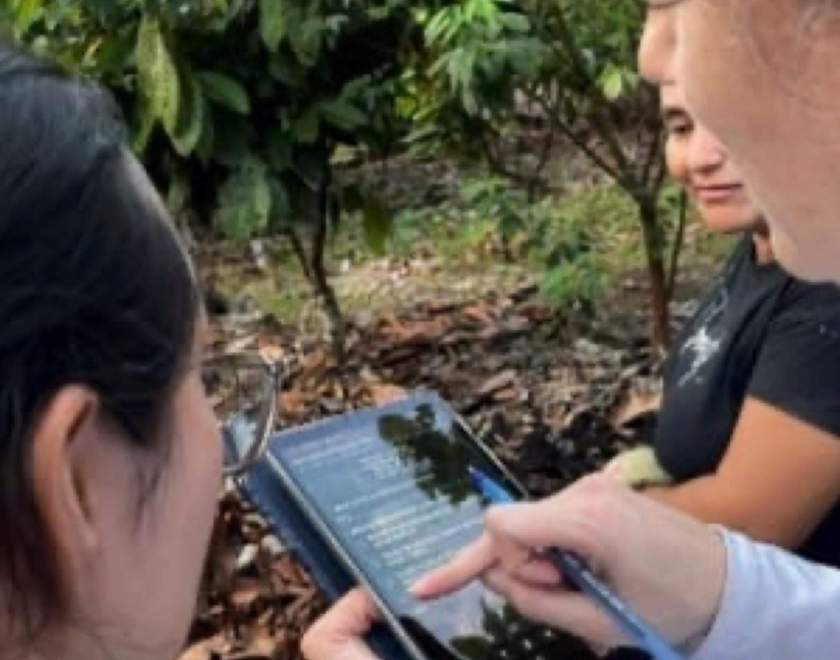
Reverse deforestation
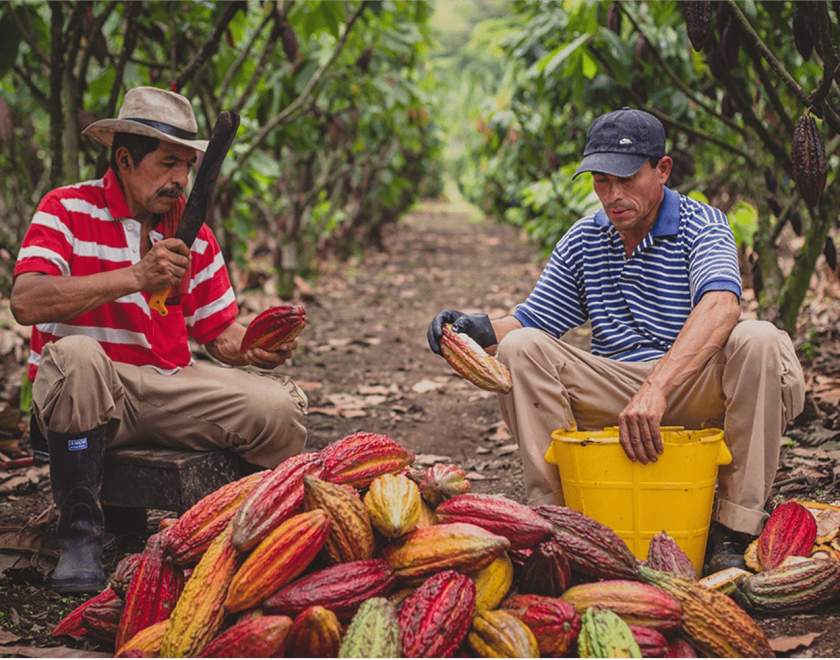
Reverse deforestation

Reverse deforestation
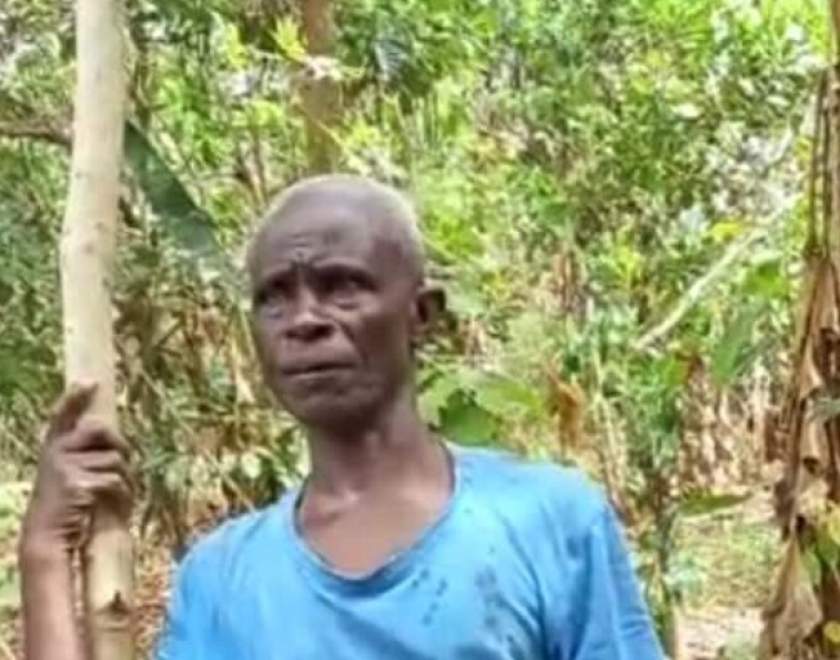
Reverse deforestation
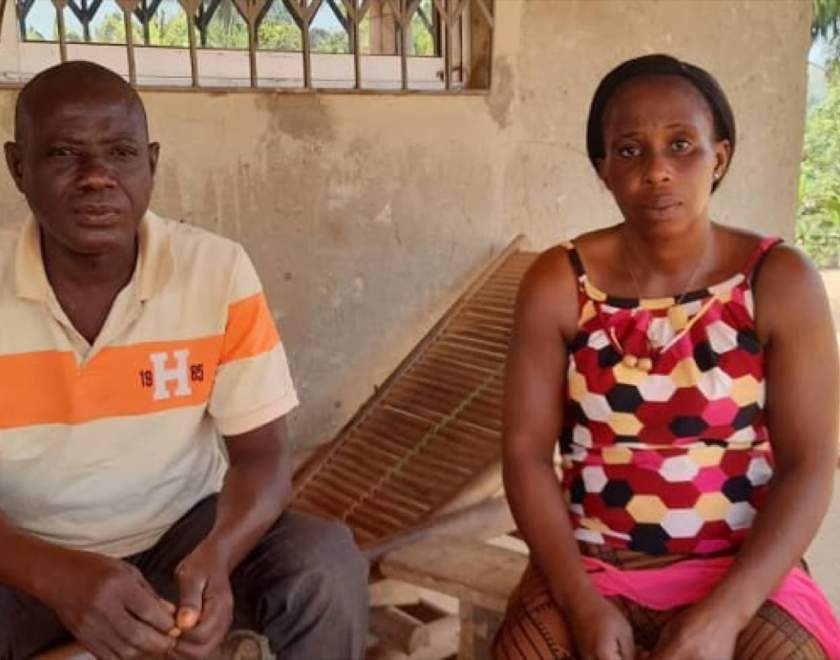
Reverse deforestation
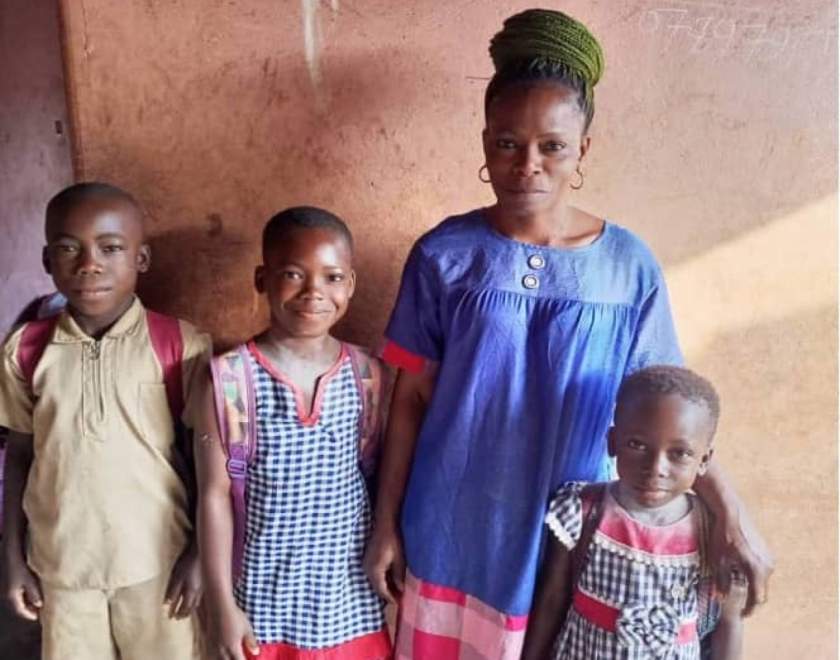
Reverse deforestation
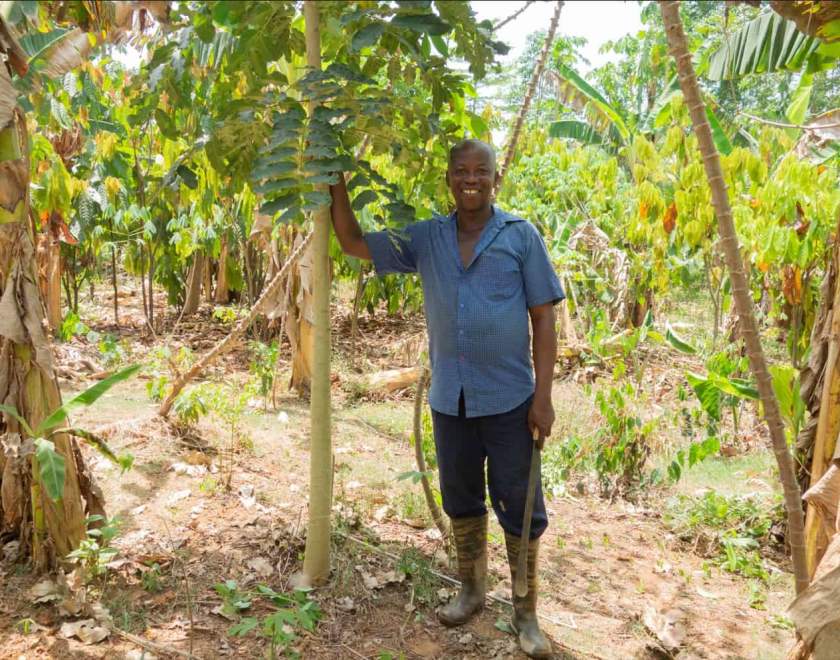
Reverse deforestation
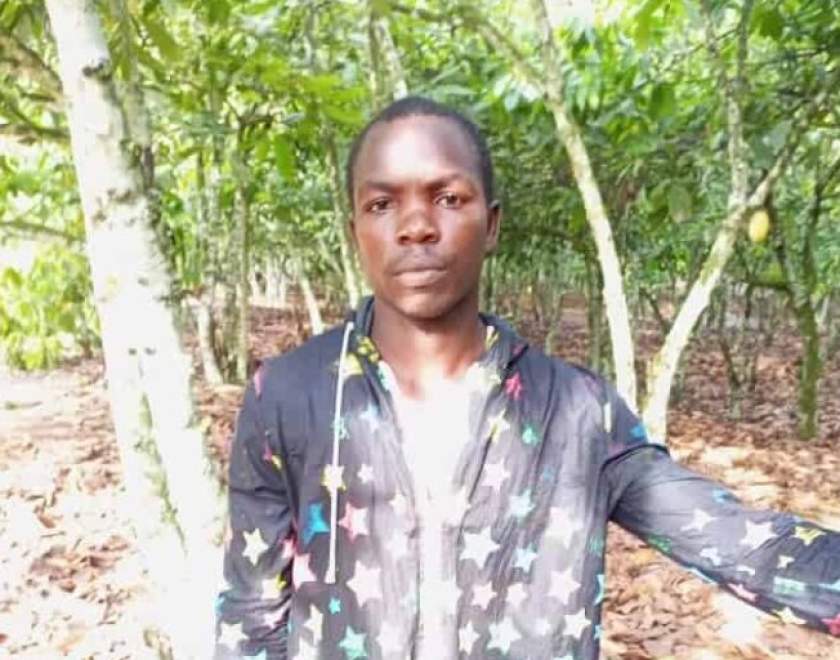
Reverse deforestation

Reverse deforestation
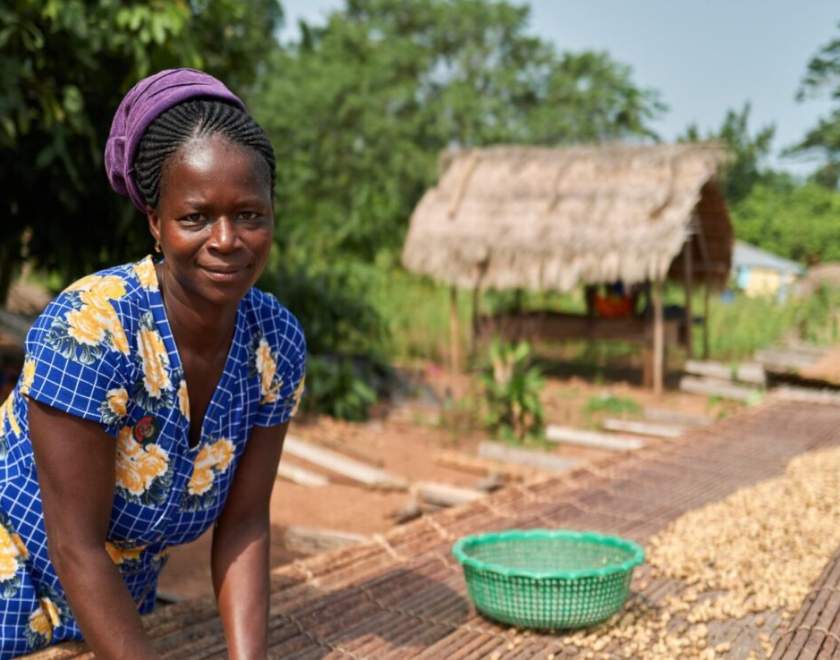
Reverse deforestation